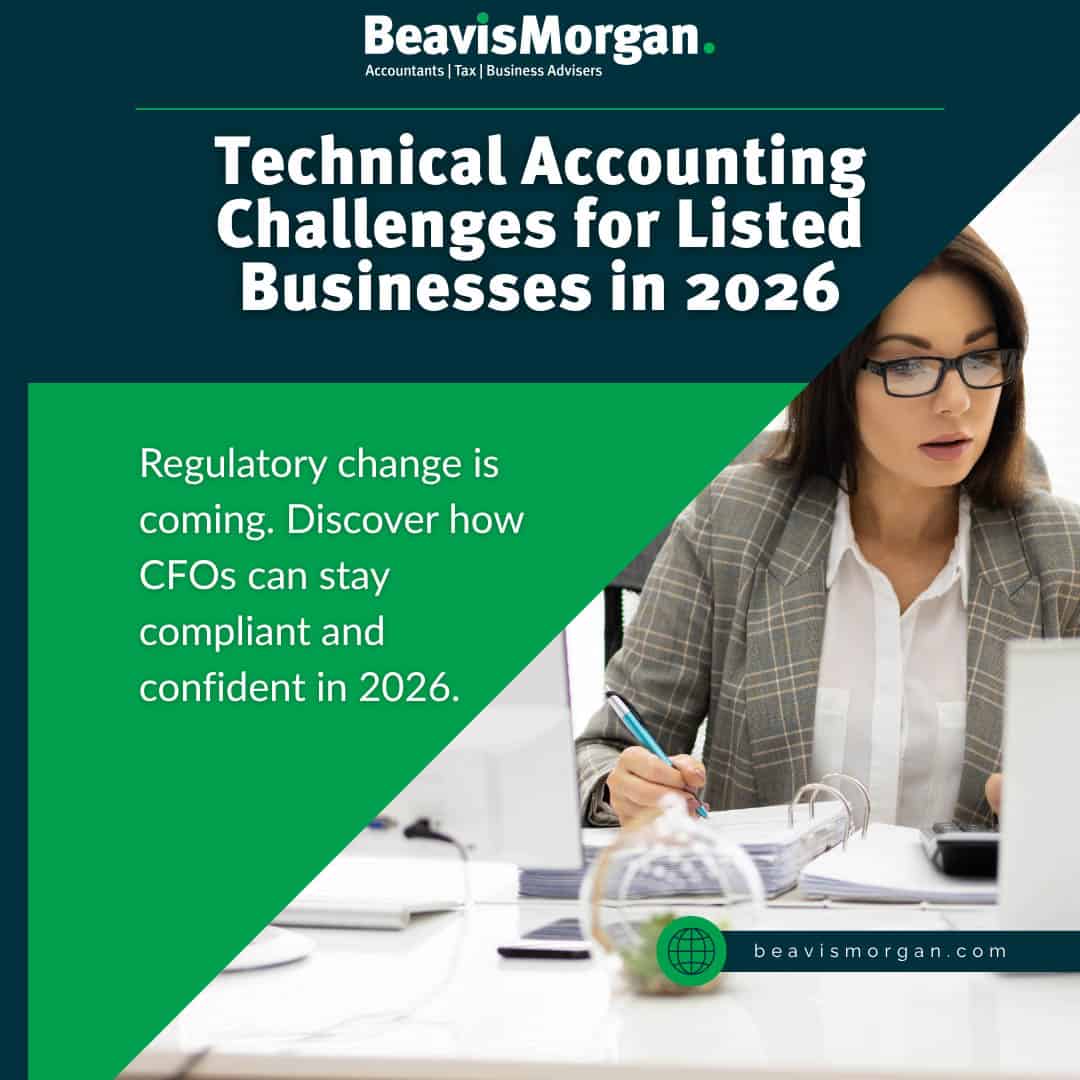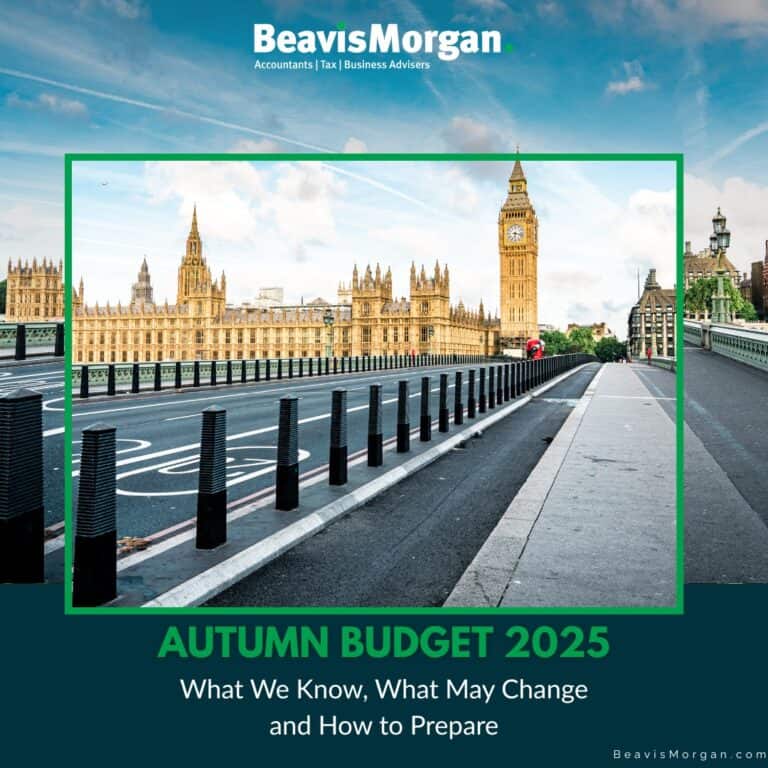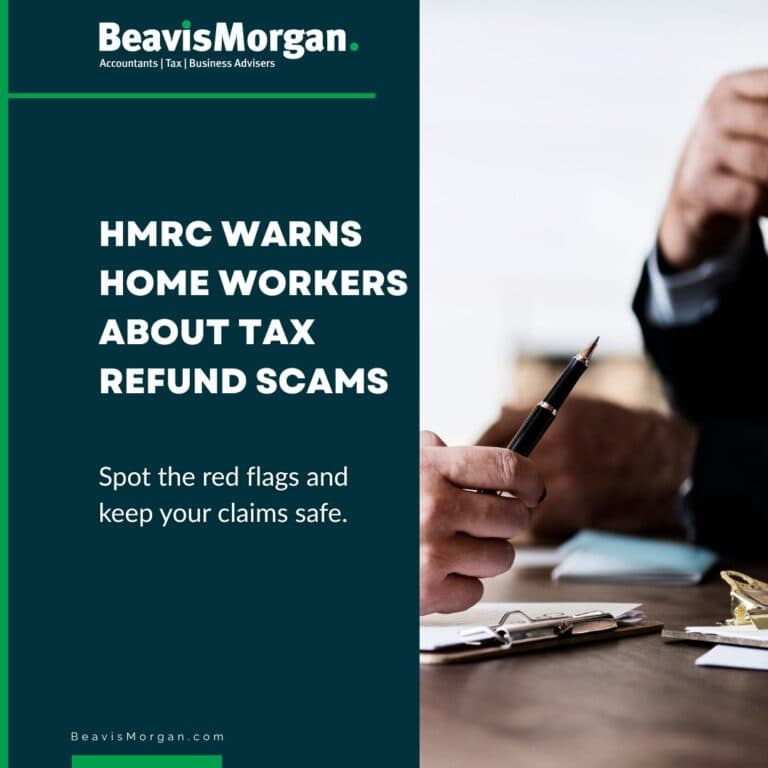As regulatory and investor demands intensify, listed companies face heightened scrutiny of their accounting policies and their application thereof. In 2026, several changes and pressures will challenge even experienced CFOs and their teams. Below are key areas to watch — and how smart external support can make the difference.
1. IFRS 9 / IFRS 7 Amendments: ESG-linked features & electronic settlements
In May 2024, the IASB issued narrow-scope amendments to IFRS 9 (Classification & Measurement) and IFRS 7 (Disclosures), effective for annual periods from 1 January 2026 (with early application permitted).
Key changes:
- Clarification on how to assess the SPPI (solely payments of principal and interest) condition when a financial asset’s cash flows vary with ESG criteria.
- A new accounting policy option to derecognise a financial liability settled via electronic transfer before the settlement date (subject to criteria).
- Enhanced disclosures around contracts referencing nature-dependent electricity and other embedded features.
Implications for you:
- You’ll need to review existing instruments for embedded features linked to ESG metrics or variable cash flows.
- Your systems must track and document these features for SPPI testing.
- Disclosures will demand narrative and quantitative detail – you’ll need forward planning.
A listed firm with hybrid financing tied to carbon emission performance had to revisit classification of debt instruments after the amendments. We assisted in re-evaluating SPPI compliance and redrafting disclosures to satisfy auditors and investors, without derailing timing.
2. Share-based payments: modifications, cancellations and complexity
Share-based payments remain an area of close auditor scrutiny. IFRS 2 requires that:
- Modifications beneficial to the holder (e.g. repricing, extension) trigger additional expense recognition beyond the original grant value.
- On cancellation, the cost must reflect the fair value of services rendered, and any cash paid as compensation is treated as an offset.
In 2026, expect more complexity as companies adjust executive incentives to market conditions. Some firms will modify awards mid-term to retain incentives – but doing so incorrectly risks misstating expense or breaking auditor trust.
We recently worked with an AIM-listed company that repriced executive share options during market downturns. We ran the valuation impacts, adjusted cumulative expense, and prepared robust narrative support to satisfy the audit committee.
3. Revenue recognition: evolving judgments & incremental complexity
While IFRS 15 is established, revenue recognition continues to demand judgment, especially for bundled contracts, variable consideration and performance obligations over time.
In 2026, listed firms may see:
- Pressure on consistency in allocating transaction prices across multiple performance obligations.
- Careful scrutiny of variable consideration (bonuses, rebates, usage-based features) – especially where retrospective adjustments may arise.
- Need for forward thinking in contract design, to simplify accounting outcomes.
A tech firm listing new maintenance and SaaS elements across contracts needed to reclassify some revenue components. With our help, they rebuilt contract models, stress-tested different allocation bases, and built a disclosure appendix to explain judgments transparently.
4. Lease accounting: continued scrutiny and embedded lease identification
IFRS 16 already requires most leases on balance sheet, but challenges persist:
- Hidden or embedded leases in service or supply contracts still cause surprises.
- Lease modifications, renewals or early terminations need remeasurement and impact both the right-of-use (ROU) asset and lease liability.
- Changes in discount rates or indexation must be revisited regularly.
One listed group inadvertently missed classifying a service contract with embedded lease terms. We helped identify the issue, restate prior periods, and devise a process to screen all contracts going forward, avoiding future misclassification risk.
5. Annual Improvements & minor tweaks: don’t overlook the details
The IASB issues “Annual Improvements” periodically to clarify or correct unintended consequences in existing Standards. The latest batch affects IFRS 1, 7, 9, 10 and IAS 7 and is effective for reporting periods from 1 January 2026.
These changes are generally technical, but still important. For instance:
- Clarifications in cash flow classifications (IAS 7)
- Minor wording changes in consolidation or derecognition rules
Missing them may lead to restatements or audit queries.
6. How external advisers can help shoulder the burden
Given the complexity ahead, many CFOs will conclude that their internal team can’t absorb everything without risk.
Advisers like Beavis Morgan can provide:
- Early impact assessments and gap analyses across IFRS changes
- Technical support on SPPI assessments, EPS, embedded features
- Share-based payment valuations and modelling
- Contract review to flag embedded leases or revenue traps
- Disclosure drafting and audit support
In practice, we recently supported a listed client by preparing a “2026 accounting impact roadmap,” running workshops, and embedding adviser team members alongside internal staff during peak periods. The client met their disclosures safely, on time, without overextending their finance team.
Conclusion
Technical accounting risks are rising for listed entities in 2026. From ESG-linked financial instruments to evolving revenue judgments and lease traps, each area demands disciplined response and foresight.
The smartest CFOs will not simply react – they’ll lean on trusted external support to help translate change into action with confidence. At Beavis Morgan, we stand ready to partner with listed businesses to navigate these challenges, protect quality and free your team to focus on strategy and growth.
If you’d like a 2026 accounting impact checklist or help reviewing your instruments or contracts, drop us a line.





